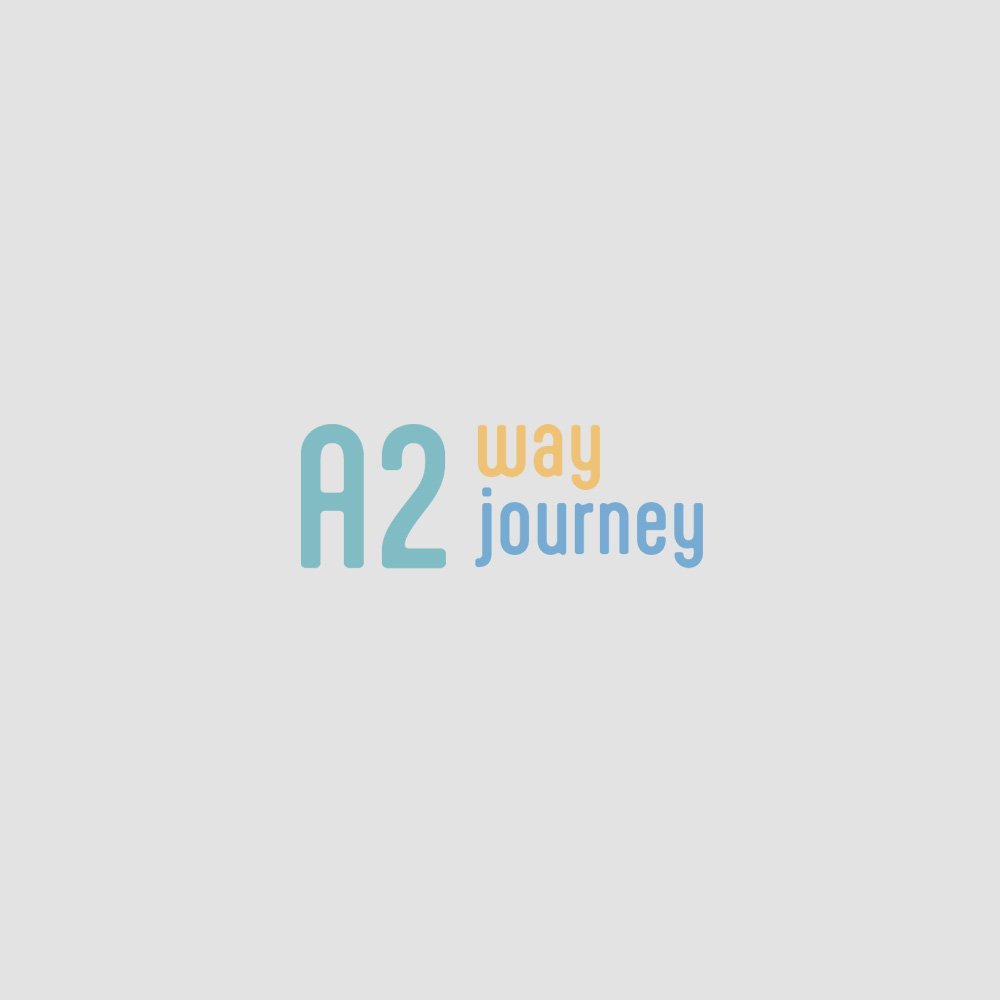
Hi! We’re Daryna from Ukraine and Francis from Spain, and right now we’re at the heart of an incredible intercultural experiment in Ankara.
Imagine this: five Ukrainian girls – Daryna, Kseniia, Sasha, Maria, and Khrystyna – plus Francis and Nuno from Spain, Matthias from Sweden, Bruno and Kika from Portugal, Mousaab, Nouhayla and Bassit from Morocco. We’ve all come together for two months as part of the project “A Two Way Journey Volunteers” to lead workshops for Ukrainian refugees.
But the most exciting part didn’t happen in the workshops, it started during our breakfast conversations, while planning workshops, and even while waiting in line for Turkish tea/coffee.
English: Our Common Language
The first thing that united us was the English language. But oh, what a variety of English it is!
Bruno’s Portuguese English is soft and melodic, like fado. Matthias speaks crystal-clear English, but it can be a bit formal. And us Ukrainian girls? Each of us has our own unique style: Daryna speaks fast, Kseniia chooses her words carefully, Sasha laughs at her own mistakes, and Maria always double-checks if she’s been understood. As for Francis he gestures so expressively that his hands often tell half the story.
The funniest moments happen when one of us gets stuck on a word – suddenly, we all start gesticulation for explaining something.
Destroying Stereotypes
In the beginning, we all stayed within our cultural “comfort zones.” Matthias was perfectly punctual (as we expected from a Swede), Bruno always offered coffee and was incredibly polite (classic Portuguese elegance!), and Francis laughed loudly and talked with his hands (so Spanish, right?).
But soon, those stereotypes started to dissolve.
Turns out, Matthias loves spontaneous city walks. Kseniia, aside from her love of coffee, is obsessed with Spanish songs and keeps asking us to teach her the words to “Despacito”. And Sasha– who seemed a bit reserved at first – ended up organizing a Ukrainian folk dance lesson at dorms, complete with phone speakers and enthusiastic dancing from even quiet Nouhayla and Khristyna.
Our Language of Gestures and Laughter
When words fail, we’ve invented our own language.
We have a universal “okay” sign (a thumbs up from Nuno), a “let’s eat” gesture (Bruno taps his heart and points to food), and even a special Ukrainian “oyy” sound that somehow means everything – from “I can’t believe it” to “that’s so cute” to “something just went wrong.”
What unites us most is laughter. Whether it’s Mousaab mixing up French and Spanish words, or Francis struggling with the Ukrainian word “palyanytsia” and ending up with something like “palapanisa”.
A Lesson in Patience and Understanding
One of the biggest lessons we’ve learned is patience.
When Sasha asks something five times in English, when one of us Ukrainians pauses to find the right words, when Maria asks us to repeat something we said slowly – we’ve learned to truly wait and listen. Not just wait for our turn to talk, but really listen to what the other person is trying to say, even if it takes time.
Our Little International Family in Action
Now, one week into the project, we’ve become a real team. We have our own traditions: Evening coffee where we share stories about our countries, group walks through Ankara in search of the best Turkish baklava, and even our own mini dictionary of “international” words only we understand like Bora Bora.
This experience is changing all of us. We’ve come to realize that intercultural dialogue isn’t about complex academic theories – it’s about genuine curiosity for others, a willingness to listen and share, patience with mistakes and accents, and a whole lot of laughter along the way.
Our two months in Ankara aren’t just a volunteer project, they’re a lesson in what the world can look like when we open our hearts to one another.

